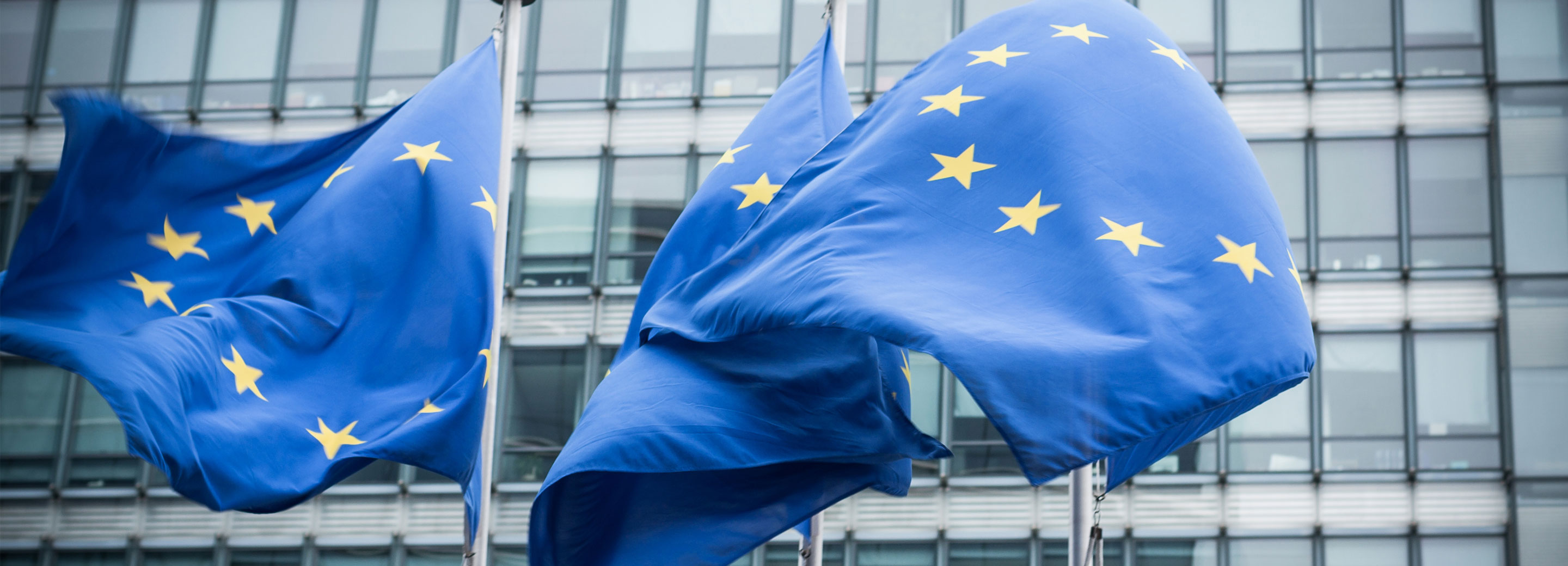New VAT Rules for EU Payment Service Providers: Part 3—The Billion-Euro Question

To prevent VAT fraud in the e-commerce sector, the EU has applied a “follow the money” approach by enacting new obligations for payment service providers (PSPs) that take effect 1 Jan, 2024. My previous posts in this three-part series examine the rationale for the change and the new compliance requirements. The EU’s new VAT rules for cross-border e-commerce transactions are designed to lessen fraud, but how effective will they be in reducing the estimated €5 billion of VAT revenue annually lost on these transactions?
To answer this question, let’s first look at what currently hinders the fight against e-commerce VAT fraud, according to EU tax authorities:
- A lack of tax-authority resources (i.e., people, money and tools) compared to the volume of transactions that need to be verified;
- Ineffective cooperation among different Member States’ tax authorities;
- A lack of cooperation between customs and tax authorities;
- The absence of tools to enforce the VAT rules on remote suppliers from outside the EU; and
- A lack of cooperation from big platforms and marketplaces.
Next, let’s look at how data required to be submitted under the new rules will be used: Under the new reporting obligations, tax administrations will receive a huge volume of data from PSPs. This data will need to be processed to produce valuable insights. While some basic data checks (e.g. removing duplicates) will be done by the Central Electronic System of Payment Information (CESOP), it remains unclear whether this information will be compared with other sources. It is therefore important that Member States deploy appropriate technology solutions allowing automatic cross-checks of VAT-relevant information. Building a central repository of payment data will not help fight e-commerce VAT fraud on its own if the lack of resources (which tax administrations have identified as a main cause of the slow progress in combating VAT fraud) continues to prevent an efficient use of the information that is collected.
Finally, let’s consider enforcement: The new rules are designed to provide tax administrations with information on non-compliant businesses, but getting the right data is only the first step in the VAT collection process. The next question is how to enforce the VAT compliance obligations -- how to actually collect VAT from remote sellers. This can be done by improving cooperation among tax administrations and focusing on joint operations. Yet, neither of these steps is addressed by the current proposals. Starting 1 Jan 2021, online marketplaces will be involved in VAT collection on certain e-commerce transactions. A platform that facilitates B2C imports of goods of a value below €150, or intra-EU sales of goods made by non-EU businesses, will be deemed to be the supplier of these goods. This means that the online platform (and not the seller) will be liable for the remittance of VAT to the tax administration. However, depending on the applicable business model, it will still be possible that payments will not be received by the platform but processed directly between suppliers and customers. In such a case, the CESOP will not identify the person responsible for VAT remittance (the platform) but will provide information on the seller, who is not responsible to collect VAT.
These considerations suggest that the new rules for PSPs will not address many of the obstacles that hamper the fight against e-commerce VAT fraud. The new rules may provide tax administrations with more information on who may be liable for VAT remittance, but they will not necessarily ensure effective VAT collection.
Disclaimer
Please remember that the Vertex blog provides information for educational purposes, not specific tax or legal advice. Always consult a qualified tax or legal advisor before taking any action based on this information. The views and opinions expressed in the Vertex blog are those of the authors and do not necessarily reflect the official policy, position or opinion of Vertex Inc.
Blog Author
Leading Solutions for Value Added Tax
VAT determination is no easy feat. To lighten the time, costs, and resources used for these global challenges, companies are turning to tax automation.
Learn More
